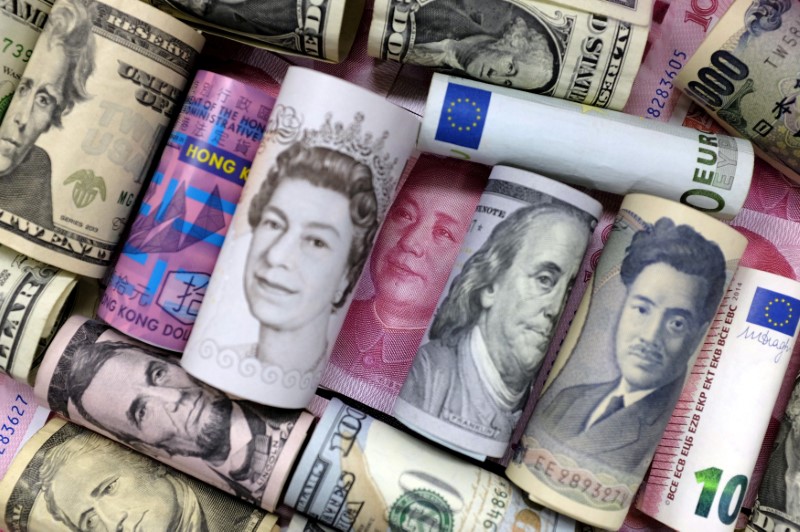By Shinichi Saoshiro
TOKYO (Reuters) - The pound slipped against the yen after a suspected terrorist attack at a concert in Britain's city of Manchester, while the euro hovered near a six-month high against the dollar on Tuesday after German Chancellor Angela Merkel said the currency was "too weak."
Sterling was down 0.2 percent at 144.36 yen (GBPJPY=) after weakening to as much as 144.06.
It was little changed against the dollar at $1.2992
Police said an explosion at the end of a concert by U.S. singer Ariana Grande in the English city of Manchester on Monday killed at least 19 people and injured more than 50.
Two U.S. officials said a suicide bomber was suspected, while Prime Minister Theresa May said the incident was being treated as a terrorist attack.
The safe-haven yen advanced against major peers like the dollar and euro but its gains were modest.
The dollar was down 0.2 percent at 111.100 yen
"The yen may have been bought in reaction to the blast, but the incident is unlikely to have lasting impact on the broader scheme of things," said Masashi Murata, senior currency strategist at Brown Brothers Harriman in Tokyo.
"Even prior to the incident, market sentiment has not been particularly 'risk on' for a while, with relatively low U.S. yields limiting the dollar's attraction."
The euro was 0.1 percent higher at $1.1247
Merkel said on Monday that the common currency is weak due to the European Central Bank's monetary policy, pointing out that this helped explain Germany's relatively high trade surplus.
The chancellor's comments provided fresh momentum to the euro, which has been on a bullish footing since the French presidential elections earlier this month. Upbeat euro zone data and a widening spread between the 10-year German and U.S. government bond yields have also supported the currency.
"While the ebb in French political risk and prospects of a ECB policy shift have helped the euro, the biggest support factor still remains the recent weakening of the dollar in wake of 'Russiagate,'" said Junichi Ishikawa, senior FX strategist at IG Securities in Tokyo.
"Merkel's comments was extra fuel for the euro...that said, a weaker dollar is not necessarily a bad thing for Trump."
The dollar index lost 0.1 percent to 96.882 (DXY).
Antipodean currencies benefited from the dollar's broader weakness.

The Australian dollar rose 0.1 percent to $0.7489